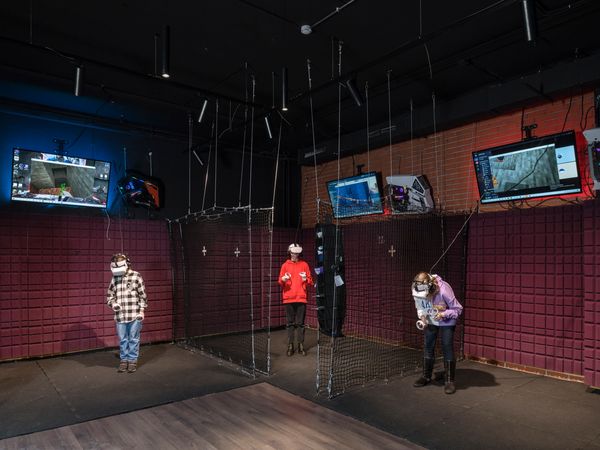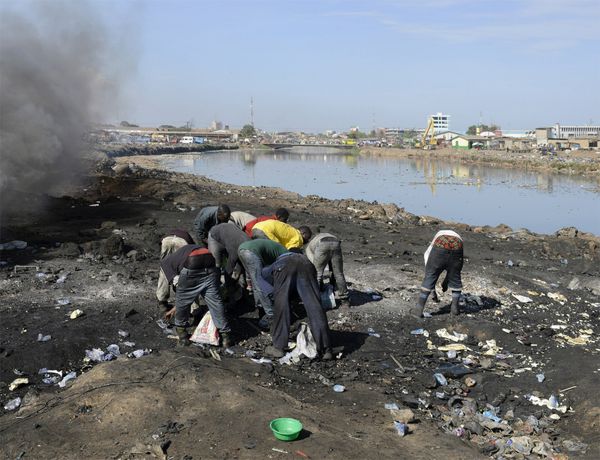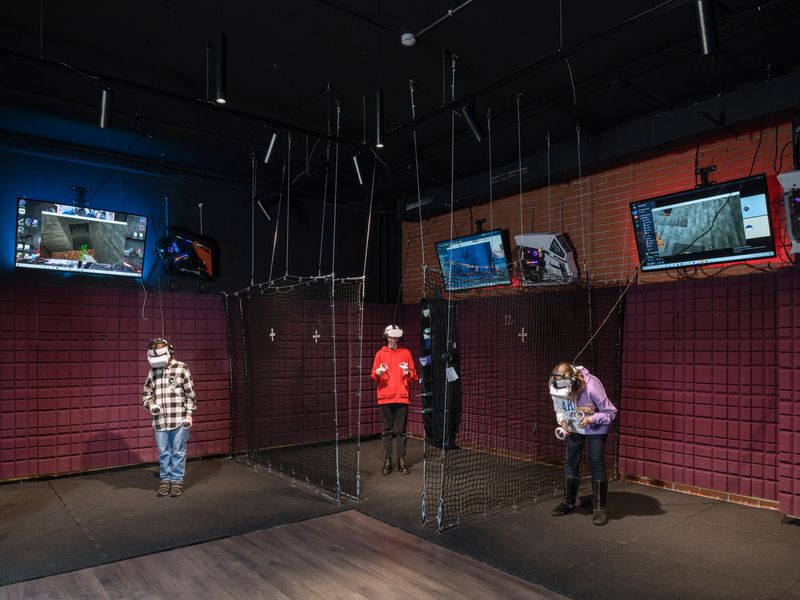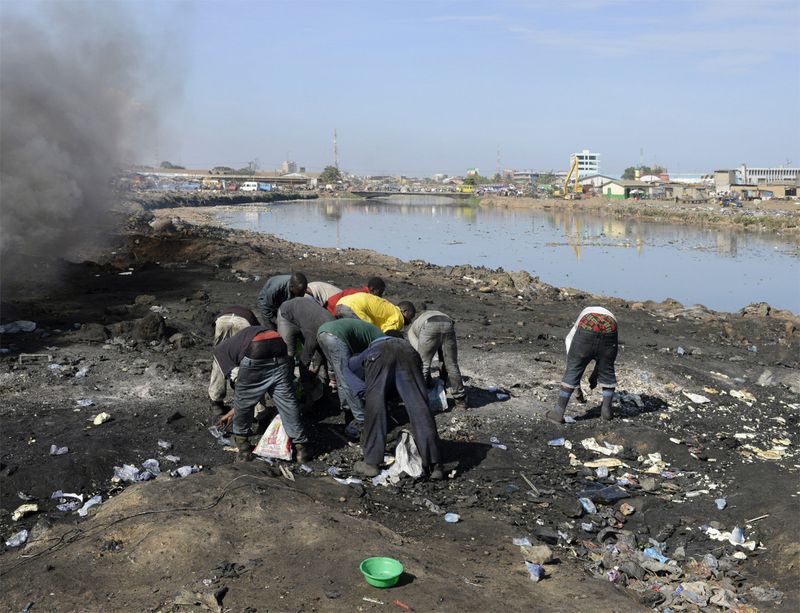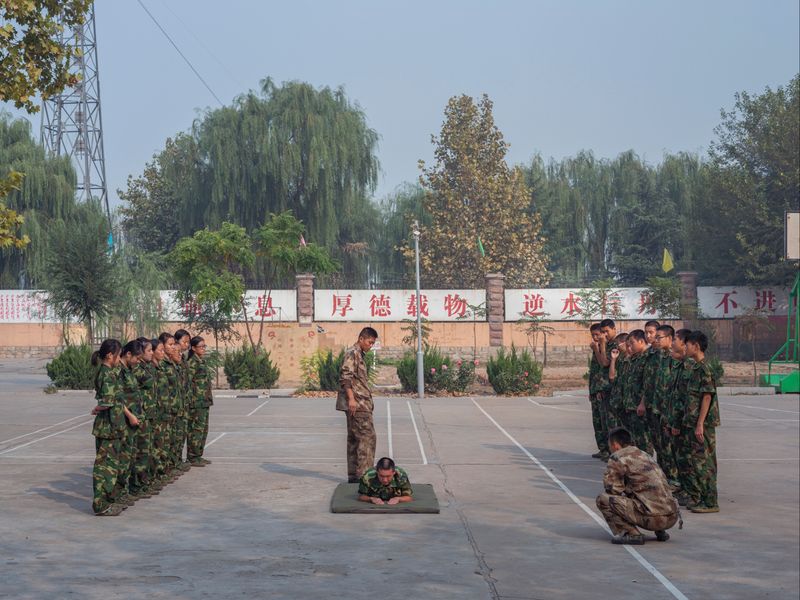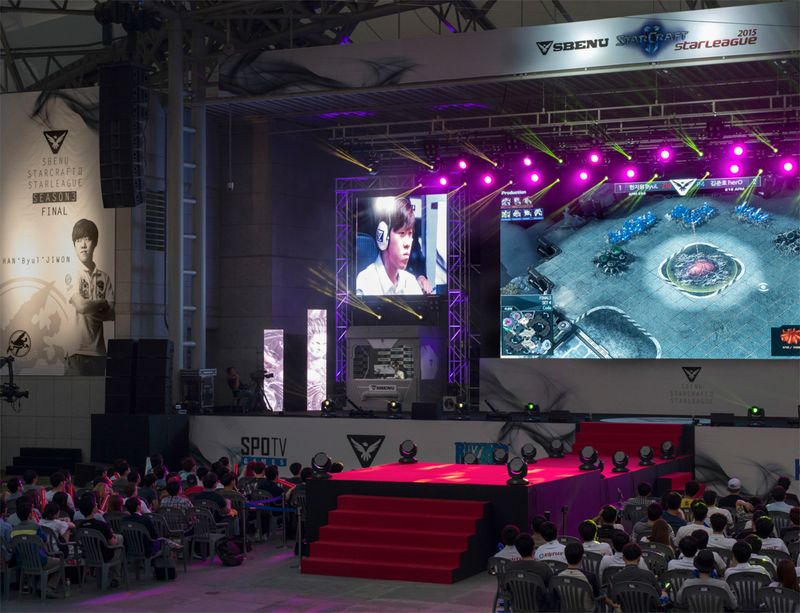Don't be evil
-
Dates2013 - Ongoing
-
Author
-
Recognition
“It is no nation that we inhabit, but a language. Make no mistake; our native tongue is our only motherland.”
Emile Cioran, Confessions and anathemas
With the adoption of new informational technologies on a global scale the
cyberspace has pervasively entered the lives of more than half of world’s
population, with youth at the forefront in adoptions.
The incidence of digital code seems to have no boundaries and to invest
every aspect of our existence by arranging our behaviours and translating our
innermost desires, as well as fears, into data reserves available for indefinite
uses.
Designed during the Cold War as a communications system intended to be
resistant to a possible nuclear disaster, the infrastructure that underlies the
most capillary surveillance system ever existed, could solely collapse due to
a solar storm.
Is it the digital info-sphere a new model of environment hosting our
interactions in a dimension located outside the space-time coordinates?
Or simply the last technological articulation of the linguistic mammal’s
peculiarity, capable from its very beginning to detach from what is current
and to project itself beyond it through language?
Whatever the answers the evidences of our daily lives shows that by giving
us unprecedented operational capabilities, digital technology ended up
reshaping our notion of real and led us to fully inhabit its syntactic structures.
Currently under studies of experts without previous knowledge about them,
the digital natives are those humans that have developed social and
cognitive dynamics fully formed through the use of connected devices since
birth: living in both offline and online world the two dimensions are no longer
separable for them and constitute a single support in which their life is
inscribed.
We never witnessed in history a generation so deeply involved in such
transgeographic network, nowadays the largest in the world, and
consequently the establishment of the first global linguistic community.
With this project, carried on since 2013 and still going on, I aim to explore
the impacts of digital technology on contemporary global youth population
by focusing on its primary activities - such as, learning, entertainment,
sexuality, work, fight and religion - during the first decades of formation of the
so called homo-digitalis.
